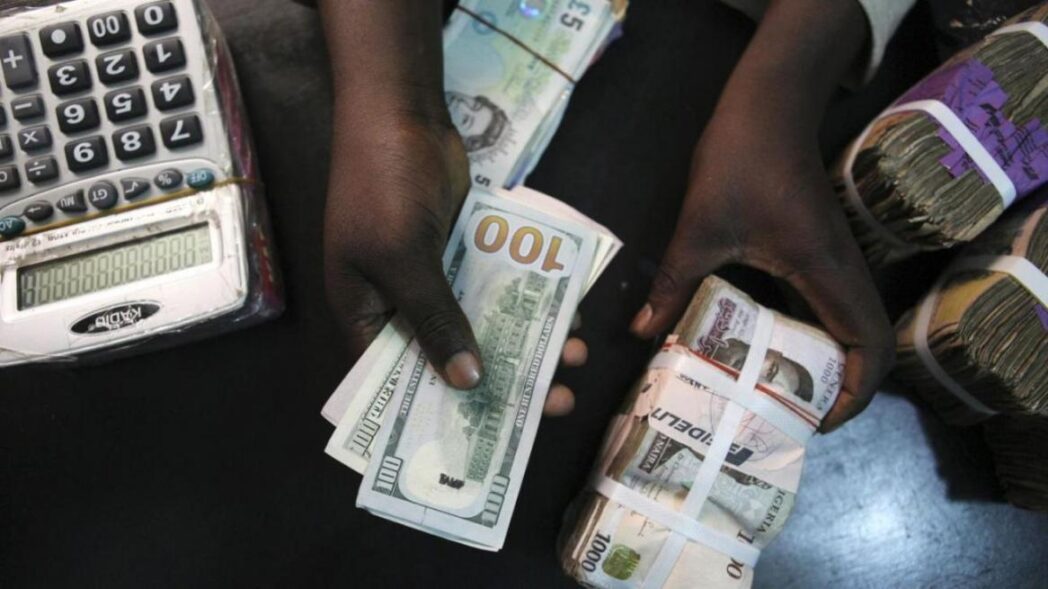


Hyperinflation and how Nigerians are fairing
Hyperinflation has gripped Nigeria with a ferocity that undermines the very fabric of society. Characterised by an uncontrollable rise in prices, hyperinflation reveals the dire state of our economy, driven largely by an excessive money supply that far exceeds the availability of goods and services.
This crisis has reached unprecedented levels, with the Naira now trading at over N1,600 to $1, a stark contrast to its value of 75 kobo to $1 when it was first introduced.
The role of the Central Bank of Nigeria (CBN) in this economic debacle cannot be ignored. As the nation’s apex bank, the CBN is tasked with formulating and implementing monetary policy.
Yet, under its stewardship, the Naira has deteriorated, raising questions about the effectiveness and competence of the current leadership.
The irony is palpable: Nigeria, once a beacon of economic strength in the ECOWAS region, now finds its currency outstripped by its neighbours. Despite having a cadre of financial experts, our economic policies seem inadequate, leaving ordinary Nigerians to bear the brunt of mismanagement and poor decision-making.
The situation is compounded by the government’s handling of critical issues such as the removal of oil subsidies. While this policy was intended to be a step towards economic reform, it has led to skyrocketing fuel prices, now exceeding N1,000 per litre. This surge has plunged many families into deeper poverty, as they struggle to afford basic necessities.
Compounding the crisis, private sector initiatives like Aliko Dangote’s refinery project have been hindered by bureaucratic red tape. Meanwhile, the government’s reliance on ineffective palliatives and the misguided allocation of resources has failed to address the root causes of our economic troubles.
The response to public dissent highlights a troubling trend. Protests against poor governance have been met with harsh reprisals, including branding protesters as terrorists and imposing prohibitive bail conditions. Such actions not only stifle legitimate grievances but also underscore the government’s detachment from the realities faced by ordinary citizens.
It is clear that Nigeria’s current trajectory is unsustainable. Abundant in resources yet plagued by mismanagement, the country stands at a crossroads. The time has come for a decisive shift in policy and leadership.
Policymakers must urgently address the hyperinflation crisis with a comprehensive and effective strategy. This includes appointing competent technocrats, implementing sound economic policies, and ensuring genuine political will.
We must draw lessons from past successes and avoid repeating the mistakes of previous administrations. The path to economic stability and growth requires more than superficial fixes; it demands a commitment to real, substantive change.
As we face this critical juncture, the imperative is clear: act now to stabilise the Naira, revitalise the economy, and restore hope for the Nigerian people. The stakes are high, and the time for decisive action is now.



